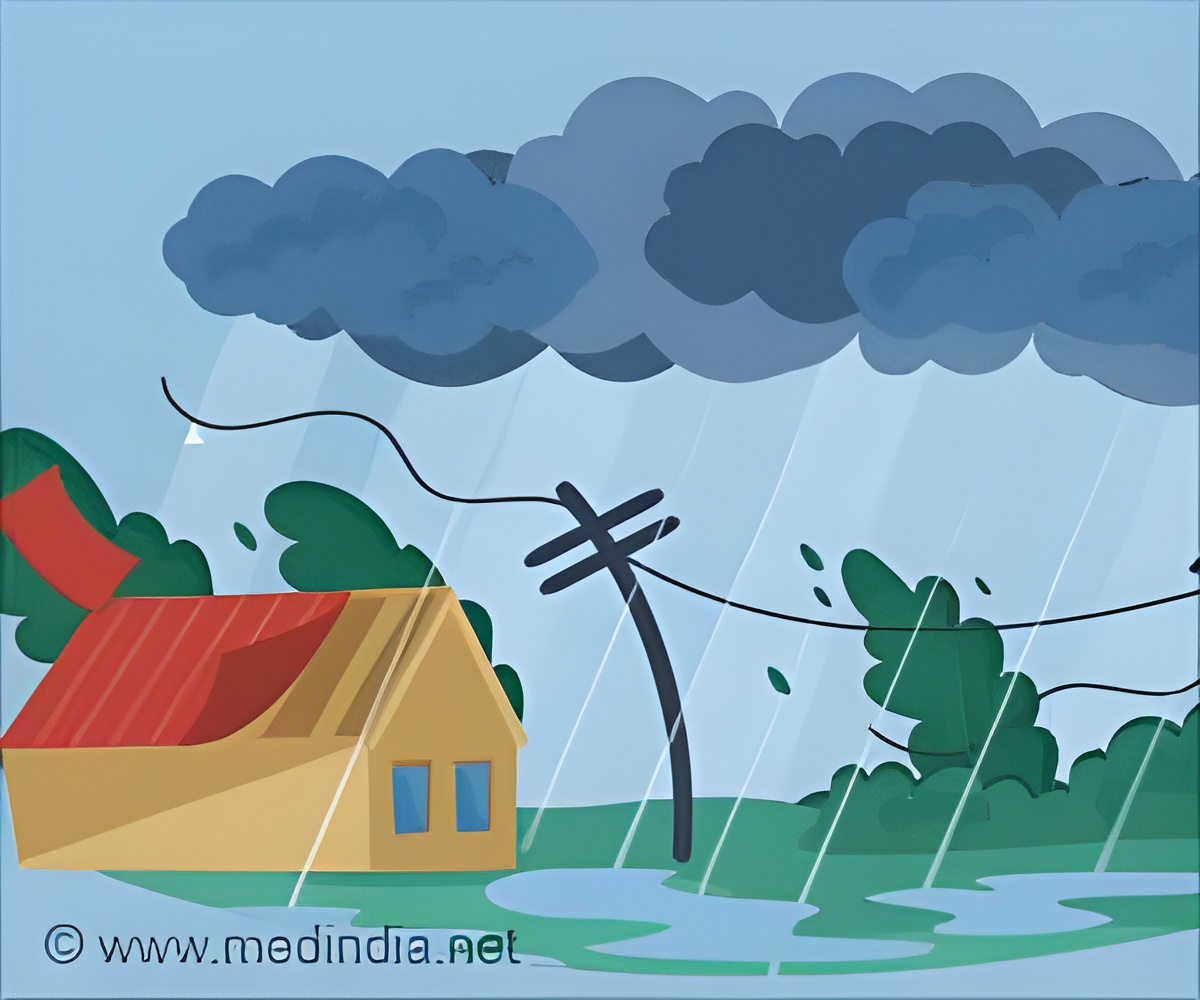
Climate Change Influences Patients Requiring Dialysis
Because climate change is expected to intensify extreme weather events like hurricanes, it’s important to understand and address the toll that hurricanes take on people who need dialysis. To provide insights, Matthew Blum, MD (Johns Hopkins School of Medicine) and his colleagues analyzed information on patients requiring maintenance dialysis who were registered in the United States Renal Data System and who initiated treatment between 1997 and 2017 in one of 108 hurricane-afflicted counties.‘Hurricane exposure was associated with a 13% higher risk of death after adjusting for demographic and socioeconomic factors.’
Tweet it Now
The researchers identified 187,388 dialysis patients and 27 hurricanes, and 29,849 dialysis patients were exposed to at least one hurricane. A total of 105,398 deaths were recorded in 529,339 person-years of follow-up on dialysis. This means that among 529 patients, there were approximately 105 deaths over one year. Hurricane exposure was associated with a 13% higher risk of death after adjusting for demographic and socioeconomic factors. Also, patients’ risk of dying was highest immediately after a hurricane and waned over time.“Our findings suggest that dialysis-dependent patients are vulnerable during hurricanes and highlight the need to safeguard this population, especially given the predicted increased hurricane intensity with climate change,” said Dr. Blum. “Anything that disrupts someone’s ability to obtain dialysis — including extreme weather — can put them at risk of death. There are groups such as the Kidney Community Emergency Response Coalition that seek to prepare for these events.”
Dr. Blum’s co-authors include Yijing Feng, MHS, G. Brooke Anderson, PhD, Dorry L. Segev, MD, PhD, Mara McAdams-DeMarco, PhD, and Morgan E. Grams, MD, PhD.
Source-Eurekalert










